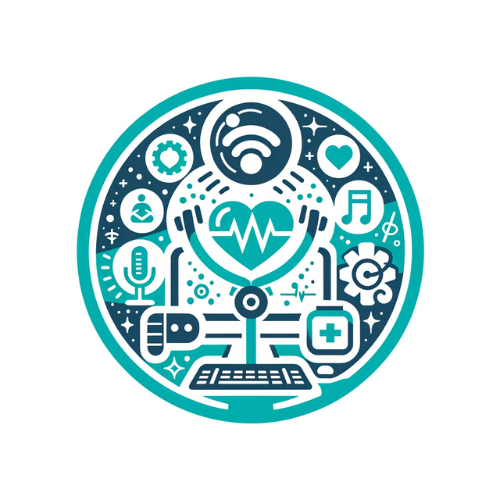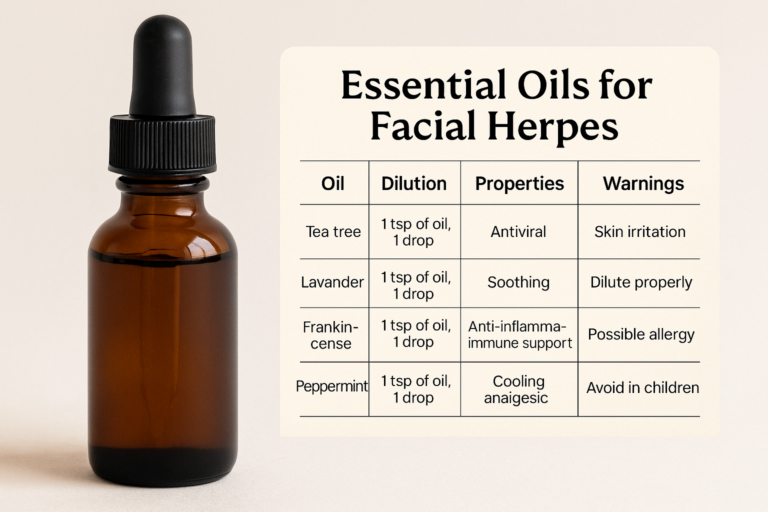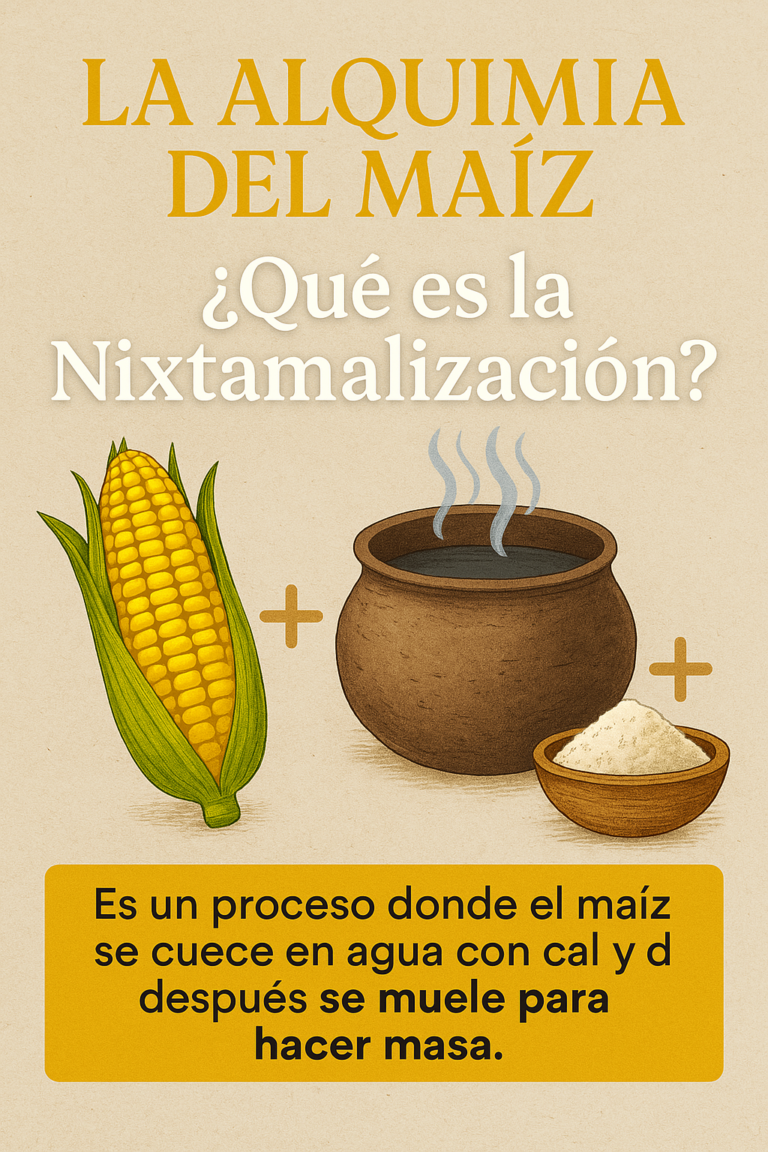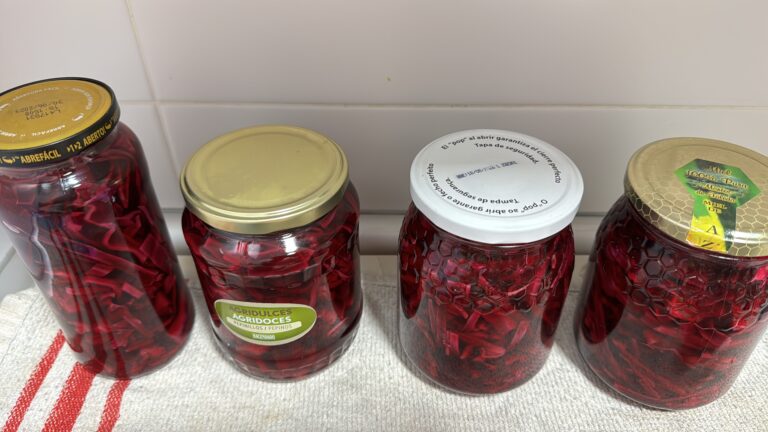Call us now:
USA News: Urgent Pet Food Recall Bird Flu Sparks New Insights on Brain Health
Table of Contents
Welcome to the USA news section, today we want to talk about the urgent pet food recall that has sparked new insights on brain health and stress relief solutions
The recent recall of a raw frozen pet food product has sent shockwaves among pet owners throughout the United States and beyond.
An indoor cat died from ingesting bird-flu-contaminated turkey pet food, which tested positive for the H5N1 virus.
While this alarming incident primarily raises concerns about the safety of our furry companions, it also offers a broader lesson on the integral role that nutrition plays in health—both animal and human—and how stress management strategies tie into overall brain health.
According to reports, the “Turkey Recipe” raw frozen pet food by Northwest Naturals was voluntarily recalled after laboratory tests found a genetic match between the sick cat’s infection and the virus present in the product.
The contaminated items were sold in several states across the country, distributed in Washington, Arizona, Rhode Island, Georgia, Maryland, and more.
This tragic event underscores the importance of staying vigilant about the quality of food—whether for pets or for ourselves—and how it impacts both physical and emotional well-being.
1. The Impact of Nutrition on Brain Health
As unsettling as this pet food recall may be, it serves as a reminder that nutrition profoundly affects not just our bodies, but also our minds.
In both pets and humans, a well-balanced diet is key to maintaining optimal cognitive function and emotional equilibrium.
According to data from the Centers for Disease Control and Prevention (CDC) and other reputable sources, foods rich in omega-3 fatty acids, antioxidants, and vitamins help bolster the brain’s resilience against stress and anxiety.
1.1 What represents a “brain-healthy” diet?
- Fatty Fish: Salmon, mackerel, and sardines deliver high levels of omega-3 fatty acids, known to support brain cell health.
- Nuts and Seeds: Almonds, walnuts, chia seeds, and flaxseeds contain antioxidants and healthy fats that can protect brain cells.
- Leafy Greens: Spinach, kale, and collard greens provide vitamins like K and folate, helping maintain strong cognitive function.
- Berries: Blueberries, raspberries, and strawberries are loaded with antioxidants that may slow brain aging and boost memory.
- Whole Grains: Oats, brown rice, and quinoa help stabilize blood sugar, supporting consistent energy and mental focus.
Just as ensuring top-notch nutrition for our pets can prevent diseases, adopting a balanced diet is crucial for preserving our prefrontal cortex, responsible for decision-making and emotional self-regulation.
2. Stress and Its Effects on Brain Function
The anxiety and panic sparked by a pet food recall can serve as a real-life example of how stressful events disrupt our mental balance.
Chronic or intense stress can impact the amygdala, the brain region responsible for fear processing, and escalate the likelihood of anxiety and depression.
Within the human body, stress hormones like cortisol can wreak havoc on cognitive functions, influencing everything from concentration to emotional stability.
Understanding how to manage these stress responses helps us stay grounded, even when external crises—like a contamination scare—surface.
3. How Can I Manage Stress Effectively?
Maintaining calm amid chaos is essential for both mental and physical health.
Whether you’re worried about your pet’s safety or grappling with other stressors, here are some strategies to consider:
- Meditation: Incorporating a daily practice can improve attention, strengthen the prefrontal cortex, and lower activity in the amygdala.
- Regular Exercise: Physical activity releases endorphins, which are natural mood lifters and can help combat anxiety.
- Healthy Nutrition: As we’ve noted, a brain-focused diet reduces stress and promotes emotional wellness.
- Quality Sleep: Consistency in bedtime routines is vital for cognitive recovery and resilience.
- Social Connections: Sharing experiences with friends, family, or support groups can alleviate feelings of isolation and stress.
4. The Role of Holistic Approaches to Well-Being
Stress and health concerns don’t exist in isolation; they’re part of a broader tapestry that weaves together mind, body, and environment.
Holistic health underlines this interconnection, suggesting that practices like yoga, mindful eating, and community involvement can simultaneously elevate both your physical and mental status.
4.1 What is the Best Way to Manage Anxiety?
Addressing anxiety often requires a multi-dimensional plan:
- Cognitive Behavioral Therapy (CBT): Helps reframe negative thought patterns and establish healthier responses to stress.
- Mindfulness Practices: Simple techniques like deep breathing or guided meditations can anchor you in the present moment.
- Journaling: Writing about your fears, ideas, or gratitude can provide clarity and an emotional outlet.
- Limit Caffeine and Alcohol: Both substances can exacerbate anxiety and disturb sleep.
Holistic approaches weave these elements together, emphasizing that self-care is not an indulgence but a necessary component of overall well-being.
5. Action for Brain Health
Events like this urgent pet food recall remind us of the delicate balance between nutrition, safety, and our own mental health.
As we move through 2025, staying vigilant about the quality of the products we consume—be it pet food or our own meals—reinforces a protective stance for emotional and cognitive health.
If you’re feeling overwhelmed by stress or looking to optimize your mental well-being, reaching out to brain health experts is a strategic step.
Click here to schedule an appointment and get personalized strategies for nurturing your mind and emotional balance.
Among the many tools at our disposal, meditation stands out for its ability to:
- Strengthen the Prefrontal Cortex, enhancing impulse control and decision-making.
- Decrease Activity in the Amygdala, lowering stress and anxiety responses.
- Improve Attention and Cognitive Abilities, boosting focus and clarity.
Ultimately, concepts like love, freedom, and supportive communities remain pivotal for fostering happiness and a resilient mind.
Addressing brain health—through proper nutrition, stress management, and holistic approaches—paves the way for a brighter, more balanced future for ourselves, our pets, and everyone around us.
Breathe, Heal, Evolve.
Stay Connected
We invite you to subscribe to our blog for ongoing insights into brain health and well-being in 2025.
For in-depth discussions and expert interviews, don’t miss The Brain Care Podcast.
Let’s keep learning and growing together as we protect our minds, our hearts, and even our pets.
Bibliography
- Centers for Disease Control and Prevention (CDC)
- National Institutes of Health (NIH)
- Daily Mail / Oregon Department of Agriculture (case details on H5N1-infected cat and product recall)
Source of the News (Original):
Cat died from eating product linked to bird flu – Full News Report



